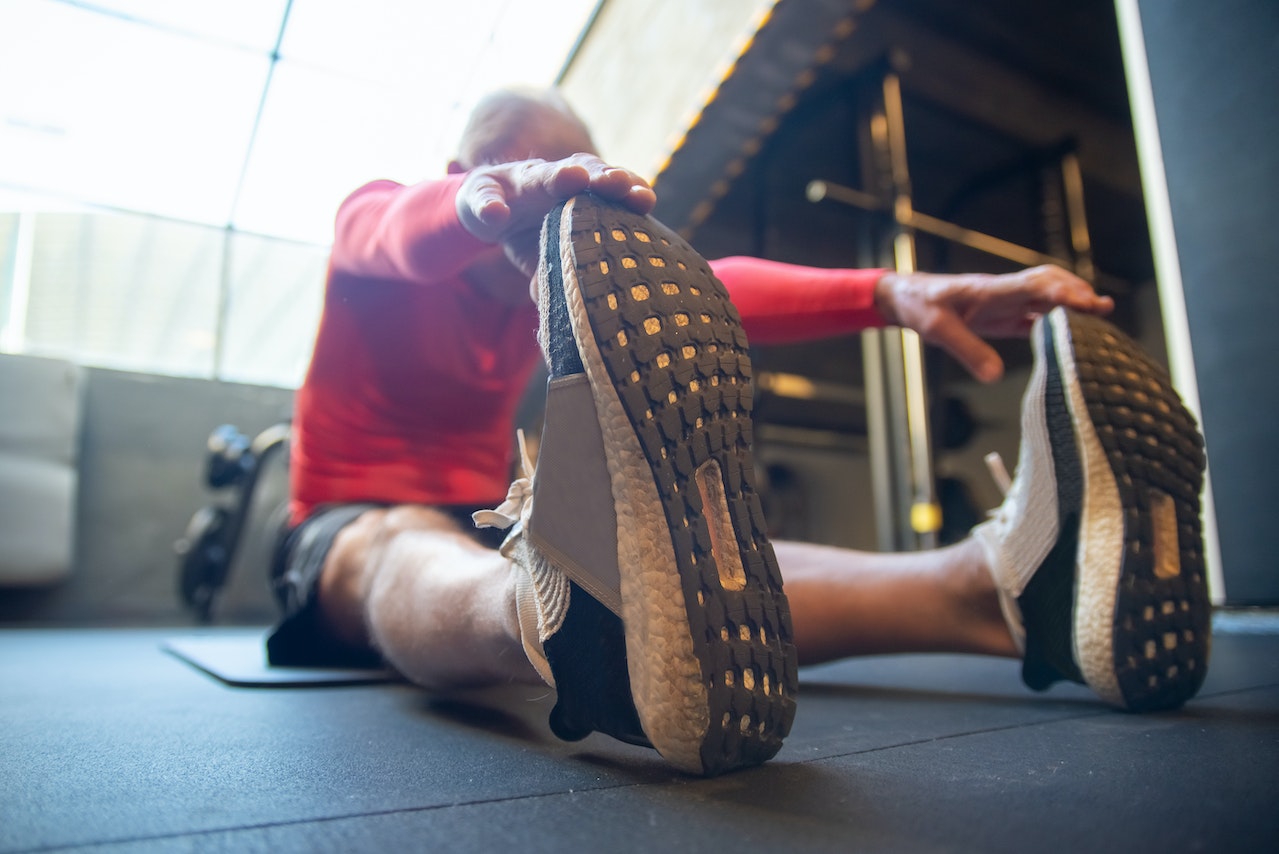Don’t quibble about nutrition or supplementation until you dial in your exercise/strength — Attia’s Rule
This phrase became immortalized in the podcast world shortly after Dr. Peter Attia appeared on the Andrew Huberman Podcast last year. Dr. Attia suggested that people forget their expensive supplement-purchases and seasonal nutrition-fads, to instead focus on physical exercise as the primary tool to support longevity (lifespan).
The Work-Capacity Model
While this news may be shocking to some, it’s certainly less-surprising to others in the health space. Greg Glassman, the founder of CrossFit, has been preaching a similar rhetoric from atop his pulpit for many years now, and it remains the central-theme within his CrossFit training methodology. He believes fitness to be a mathematical observation of an individual’s ability to “improve their work-capacity across broad times and modal domains”. Which is a fancy way of saying that an athlete’s health will improve as their physical capability improves; and that their health will decline if their ability to perform physical tasks also declines.
He’s a firm believer in, what he terms as, the Wellness Model — a sort of barometer that measures the linear progression, or regression, of one’s health status as it relates to athletic performance. He argues that if someone is sick, then they must first become well before they can become fit. And vice-versa: if someone is fit, they must first become average/well before they will become sick. One cannot simply go from fit to sick (with the exception of contracting some serious disease or deadly virus).
Measurements of Success
Essentially, a person’s vital health-markers are dramatically impacted by their ability (or inability) to perform physical tasks well. Dr. Attia points out that if someone can dead-hang for 1 minute, wall-sit for 2 minutes, deadlift their bodyweight for 10 reps, have a VO2 max of at least the 75th percentile, etc….then their aptitude to perform such tasks would objectively suggest favorable health-markers — regardless of their nutritional diet. He then goes on to say that only after a person has achieved these general performance-metrics, should they consider which nutritional diet to adhere to.
Now, that’s not to say you can’t, or shouldn’t, do both at the same time. But simply to point-out that you should prioritize physical exercise in the quest for health and longevity. And how do we know? Because in the absence of any changes to their nutritional diet, resistance training improves a person’s insulin sensitivity, body composition, stress/anxiety levels, bone-density, libido, hormone balance and sleep efficacy!
The Bottom-Line
So, prioritize your client’s exercise habits before you dive into the complexities of diet/macronutrient protocols. The benefits of exercise are enormous, completely independent of weight-loss or weight-gain.
DJ White, CF-L3, PN1




